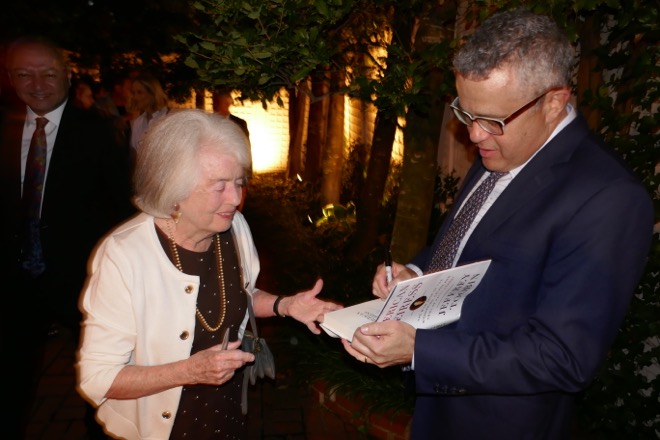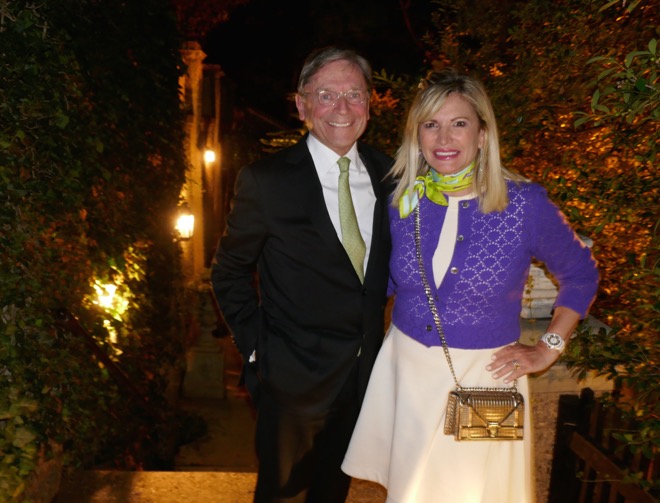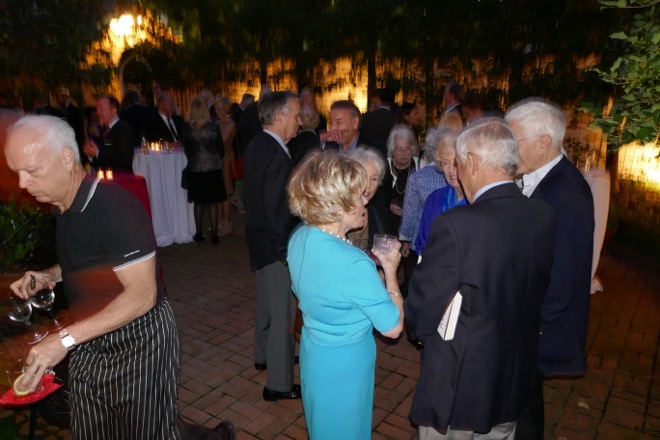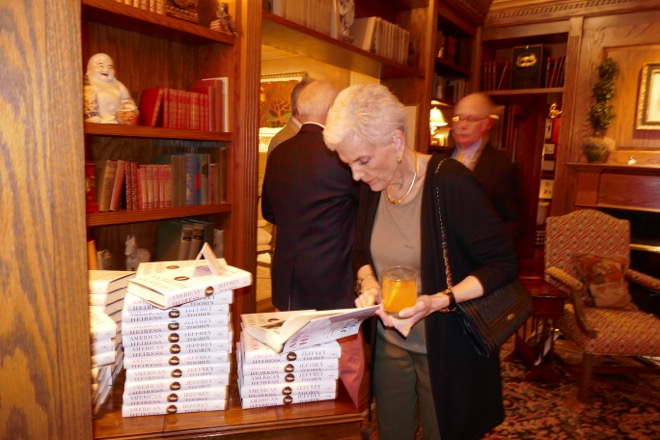Kitty Kelley Hosts Party for Jeffrey Toobin's 'American Heiress'
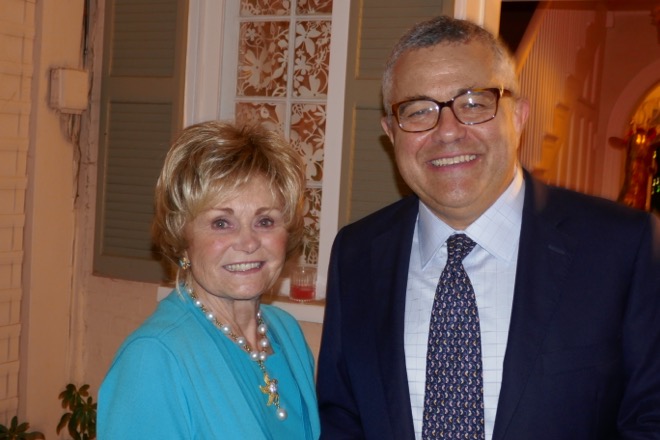
"Hi Patricia." "Oh God," she replies. Click. The one conversation Jeffrey Toobin had with his famous subject.
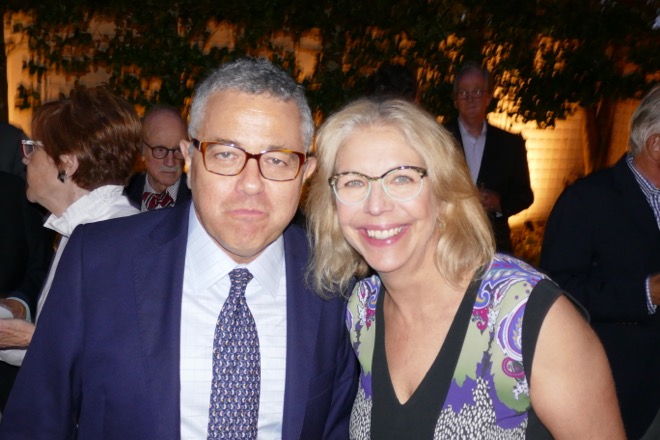
Tuesday evening, Kitty Kelley held a lavish party in her elegant Georgetown home to celebrate the recent publication of American Heiress: The Wild Saga of the Kidnapping, Crimes and Trial of Patty Hearst by her long-time friend.
Whether you watched the drama unfold in real-time (as I did) or the now iconic image of a machine gun-toting female bank robber is what you picture when you think "Stockholm syndrome," you'll find Toobin's examination of a young Patty Hearst set against the backdrop of a violent 1970s America, riveting.

Yes, riveting. In American Heiress, the granddaughter of newspaper tycoon William Randolph Hearst is dragged from her home in her slippers, stuffed in a trunk, to, within weeks growing (at least seemingly) sympathetic to her captors, a very small ragtag group who call themselves the Symbionese Liberation Army. Patty now known as Tania, distances herself from a family desperate to meet kidnappers' demands, robs banks, drives a getaway car, is involved in a murder, crisscrosses the country, all while hiding from the authorities and a confused nation watches.
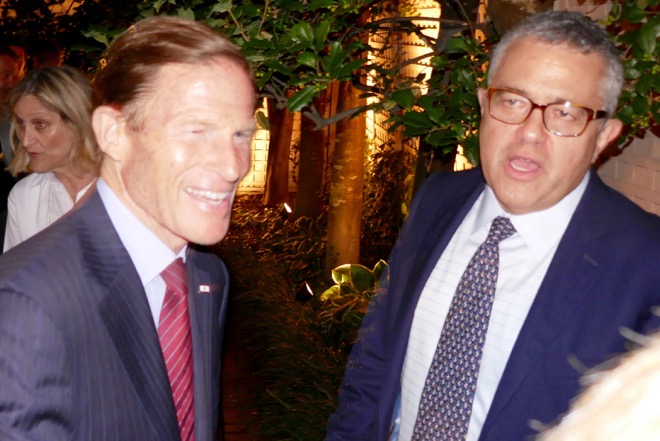
It's a priceless, close-up look at Hearst's life on the run, equal parts Bonnie and Clyde and The Three Stooges. Thanks to Toobin's access to FBI records, personal letters, communiques, and witness testimony, it makes for a thrilling, surreal road trip. In the end, you may still not fully understand (as I didn't) the character of Patty Hearst, but it's as close as we're likely to ever get.
Kitty Kelley explained to her guests, "In 1974, I was besotted with this story. I couldn't find Afghanistan on the map but I could tell you all about Bill and Emily Harris."
The question most on her mind was why President Clinton gave her a full pardon. "Not for the reason you think" Toobin replied as guests laughed. Adding, "I didn't realize how crazy it was in the 1970s with over a thousand terrorist bombings a year. Patty Hearst was an aberration but not that aberrational."
Thanking his gracious host, Toobin expressed gratitude for their friendship and for Kelley's impressive body of work, especially her biography of Frank Sinatra, "not a cooperative subject. And thank you for not writing a biography on any of us."
